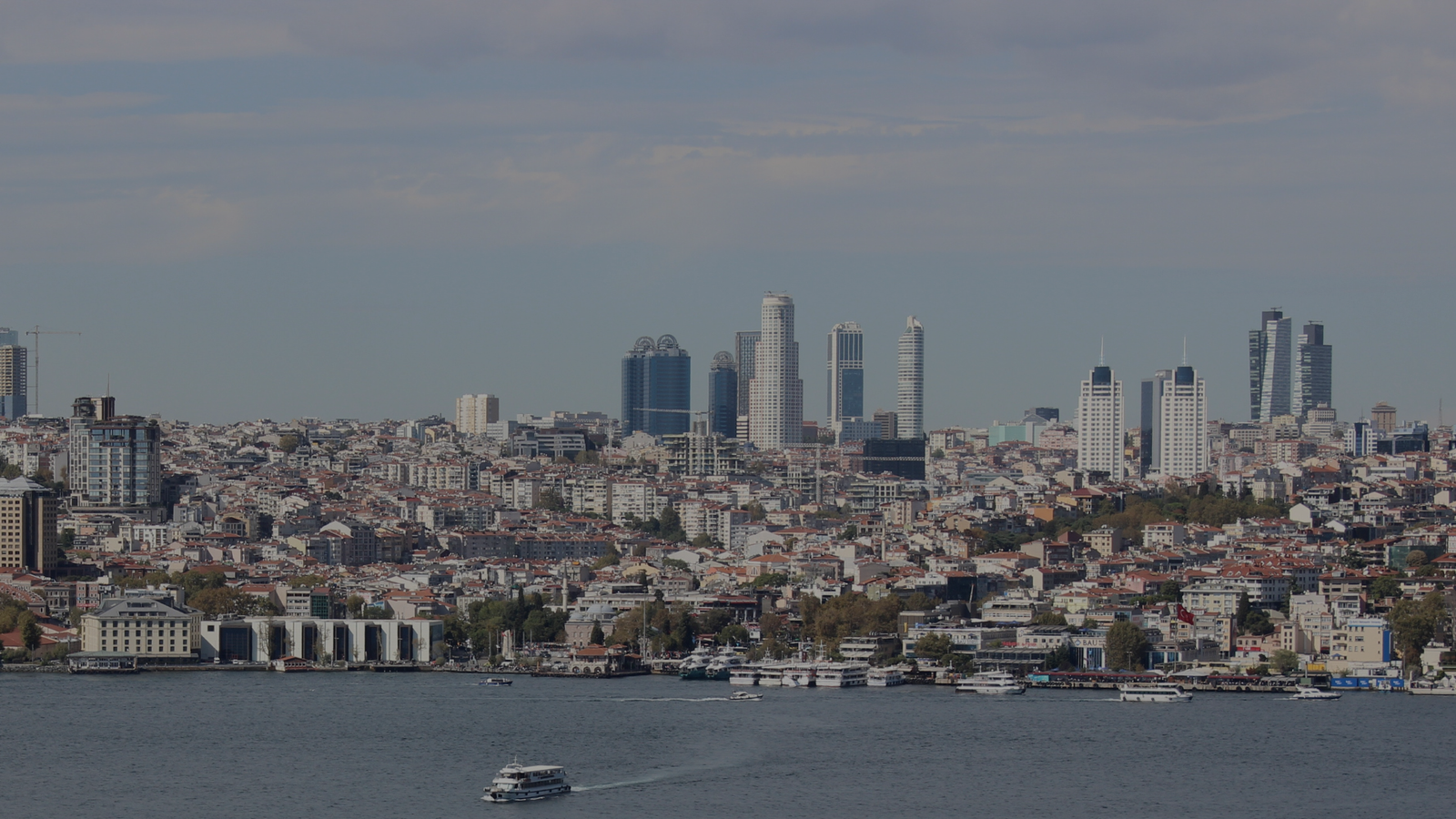The use of psychedelics as potential treatments for specific mental health issues is on the rise, and some states may soon allow doctors to write prescriptions for them. Schools are stepping up their efforts to teach the therapists and practitioners who will administer psychedelics as clinical trials on them continue and legalization initiatives score victory after victory
Nowhere near as simple as picking up a prescription and taking a tablet at home is psychedelic therapy. In contrast, delivering psychedelics, such as psilocybin, the ingredient in “magic mushrooms,” among others, can take all day while the patient is under the continual observation of qualified professionals
Instructing those practitioners is a priority for Janis Phelps. She is a clinical psychologist who developed and currently oversees the California Institute of Integral Studies’ first-ever approved training program in psychedelic therapy. The San Francisco university, which started classes in 1968, provides instruction in psychology, counseling, spirituality, and eastern medicine.
Since 2016, the CIIS has trained about 800 students in its psychedelic program, according to Phelps. Additionally, as interest in psychedelics increases, more practitioners are looking for training. After enlarging to include a training center in Boston last year, the program’s size tripled, according to her.
In the following ten years, at least 8,000 newly qualified therapists will be required, according to Phelps.
We started educating people even before it was allowed to use, unless you were in a research study, because we realized we needed so many therapists educated and there are so few people on the earth who knew how to use this properly, according to Phelps.
A total of 150 hours of education and multiple in-person training sessions make up the psychedelic treatment curriculum. Numerous students hold medical, psychiatric, and therapeutic licenses. People in non-medical professions such as social workers, nutritionists, ordained clergy, and others are also able to apply.
The techniques utilized in the clinical trials for giving psychedelics and monitoring the participants—procedures that have been approved by the Food and Drug Administration—are taught in universities, including CIIS, according to Phelps.
According to Dr. Anne St. Goar, a former primary care physician who was one of the first CIIS-accredited practitioners and currently oversees the Boston training site, students are also taught to support and validate emotions that arise during the experience rather than trying to direct the patient’s experience themselves. She claimed that, in contrast to talk therapy, patients are urged to process their thoughts silently while the therapist watches. The therapist will play a more active role when necessary or asked, engaging the patient in conversation, providing assurances, or consenting to holding their hand.
The federal government still forbids the use of psychedelics outside of clinical research, which is one drawback. This implies that CIIS students receive training on how to lead secure psychedelic sessions without having access to drugs.
In place of psychedelic drugs, CIIS students are instructed in a breathing technique known as “Holotropic Breathwork,” which was created by a psychiatrist in the 1970s. According to CIIS alumnus Dr. Yvan Beaussant, a palliative care physician at Harvard’s Dana-Farber Cancer Institute, “this involves music and breathing techniques as a means to induce a psychedelic-like state.” According to a 2018 review that appeared in Frontiers in Human Neuroscience, breathing exercises may affect the brain’s sleep, meditation, and psychedelic-related brain network activity.
Graduates of CIIS will be able to apply to work in Oregon, the first state to authorize supervised psilocybin sessions, starting in January. Facilitators are required to finish an accredited training course, such as the one provided by CIIS, pass a test, and pay licensing fees. Future students will eventually use the state’s licensed centers as an experience learning environment.
According to Angela Allbee, the section manager of Oregon Psilocybin Services, the state hopes to “show that we can do this safely and truly help individuals with their healing and wellbeing — and encourage additional options for persons that are wanting a different option.”
Why then is there such a rise in interest in psychedelic drug use for mental health?
Since the 1950s, the federal government has regarded psychedelics as illegal narcotics with “no generally recognised medical purpose.” However, psychedelics drew the attention of the medical community in the 1950s. Some hallucinogens, according to early study, may improve empathy in therapeutic work and be useful in treating a number of difficult-to-treat mental health problems, including alcoholism.
The 1970s saw a hiatus in research as psychedelics gained a reputation as harmful recreational drugs. But in the late 2000s, researchers at Johns Hopkins University and New York University returned to exploring their medical potential, sparking a boom in psychedelic research.
Another psychedelic, psilocybin, has been used therapeutically in a number of other clinical studies. According to a new study from the NYU Langone Center for Psychedelic Medicine, two doses of psilocybin in conjunction with therapy helped persons with alcohol use disorders cut back on drinking for eight months. Another study discovered that psilocybin assisted cancer patients in feeling less anxious about their situation. By the end of the month, a significant clinical trial will start looking at whether psilocybin may treat depression when other methods have failed.
Switch on, tune in, or turn off?
Treatment with psychedelic substances is not for everyone and is not as straightforward as giving the patient a pill to take at home. Patients who use psychedelics may have severe sensory and visual disorientation as well as emotionally trying experiences.
According to six psychedelic-trained therapists who talked with NBC News, the “set and setting”—the patient’s attitude going into therapy and the environment they are in—play a significant role in how a trip develops. For this reason, during the medication session, patients lie down and put on headphones and eyewear in an area that is intended to resemble more like a comfortable den than a hospital room.
Eight-hour sessions with MDMA or psilocybin allow the patient to relive past experiences with the help of their therapists. In clinical trials, patients receive therapy sessions both before and after the medicine is administered to help them digest the event.
According to Beaussant, who is studying psilocybin’s potential to lessen end-of-life sorrow at the Dana-Farber Cancer Institute, the experience “strangely resonates in a very unique and significant way for most people.” Usually, people are better equipped to process trauma or loss and communicate psyche-related issues that feel unresolved.
Long journey ahead
As the largest psilocybin clinical research to date is scheduled to start this month, some states have made an effort to loosen limitations on this drug in particular. In 2020, Oregon voters will decide whether to legalize the controlled adult use of psilocybin. Colorado followed in November, becoming the second state to do so.
However, the FDA will be in charge of deciding a lot of the specifics, including how, which patients, and under what circumstances they can get psychedelic therapy.
According to Kevin Franciotti, a certified addiction counselor in Denver who has received training in the use of ketamine for psychotherapy off-label, the demand for psychedelic therapies is on the rise.
Because there may be a significant shortage of skilled practitioners outside of major cities, he continued, “Patients will initially be quite enthusiastic about this before becoming very disillusioned and frustrated.”
Franciotti endorsed Colorado’s proposal to legalize psilocybin, telling NBC News that it was an opportunity for the state to offer inhabitants alternative treatment alternatives and challenge federal drug laws.
Some mental health professionals are wondering how drug laws, which continue to render psychedelics illegal at the federal level, affect research in light of the increasing interest in psychedelics in medicine.
Due to federal prohibitions, according to Dr. Franklin King IV, an emergency psychiatrist and the head of training at the Center for the Neuroscience of Psychedelics at Massachusetts General Hospital, “there are a lot of psychedelics out there, but nobody is exploring them.” “The barriers are great, even for psilocybin, to study and obtain FDA approval for medications with insufficient safety data.”
Legalization is consistently the biggest barrier to psychedelic research, according to King, who also noted that it is frequently simpler to obtain financing for studies of other psychoactive drugs with well-established risks, such as opioids, than for psychedelic research. “While there is a big usefulness for them and a huge need for them, psychedelics won’t eliminate or replace all these other treatments we have.
[/et_pb_text][/et_pb_column][/et_pb_row][/et_pb_section]








